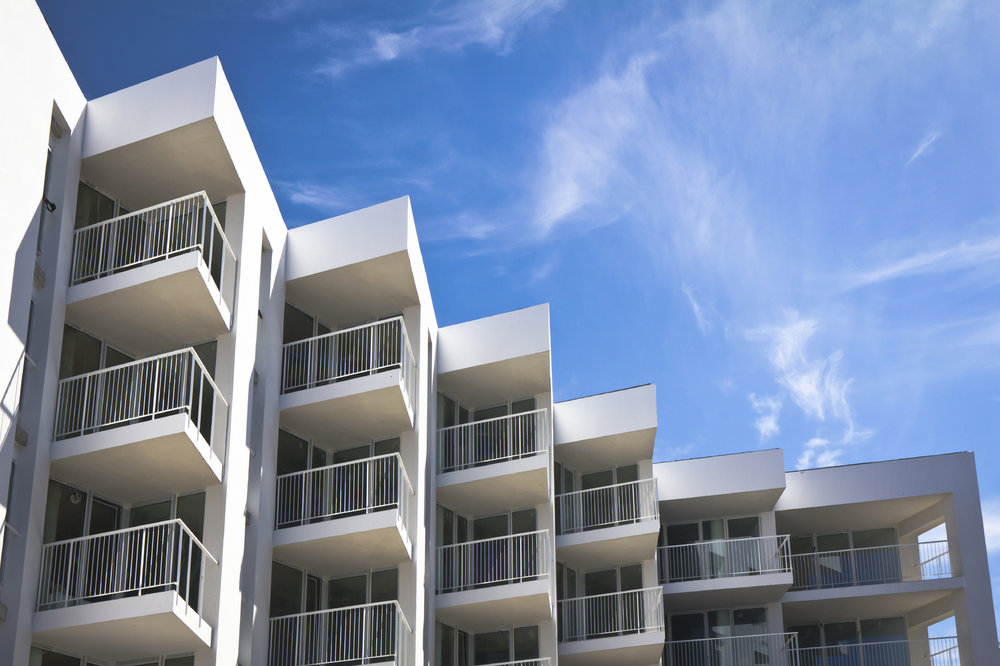Protecting MDU Web Data Flow Via Robust Cryptographic Standards to Protect User Privacy as well as Information Accuracy
Protecting MDU Web Data Flow Via Robust Cryptographic Standards to Protect User Privacy as well as Information Accuracy
Blog Article
Within today’s digital landscape, securing internet data is more crucial than ever, particularly in Multi-Dwelling Units (MDUs) like flat buildings and condo environments. Such environments frequently have numerous residents utilizing the same web connection, which can result to potential safety risks. To ensure that users' confidentiality and data security are maintained, it is vital to implement strong coding standards. Encryption is a technique that scrambles information, making it inaccessible to individuals who do not have the appropriate key to decrypt it. This process aids keep individual information secure from cybercriminals and unauthorized access.
A of the most widely used coding standards is Secure Sockets Layer (SSL) and its successor, Transport Security (TLS). These standards create a secure link between a resident's device and the internet, guaranteeing that all data exchanged stays private. When residents in an MDU access sites that employ SSL/TLS, their personal data, such as login credentials and payment billing numbers, is encrypted. This implies that although when someone tries to intercept the information, they would merely see a mess of letters and numbers, rendering it almost impossible to comprehend. By promoting the adoption of these protocols, MDUs can greatly improve the safety of their residents' internet actions.
Another crucial coding technique is VPN Private Network (VPN) technology. A VPN creates a secure pathway for web data, which protects users from prying observers, particularly when using public wireless connections. In an MDU, in which numerous view it now residents may connect to the same network, employing a VPN can assist guarantee that individual web actions stay private. This is especially crucial for tasks including internet transactions or retrieving sensitive information. By encouraging the adoption of VPNs among tenants, MDUs can cultivate a more secure internet space and help protect against data leaks.
In addition to these encryption techniques, it is essential for MDUs to inform their residents about the importance of online security. Numerous individuals may not be conscious of the risks associated with utilizing common web services. Providing information on how to identify scam attempts, the importance of robust credentials, and the benefits of using secure sites can empower residents to assume charge of their online safety. Workshops or educational meetings can be effective ways to raise knowledge and promote best practices for online security.
Finally, MDUs should think about collaborating with internet provider companies (ISPs) that emphasize security and provide enhanced encryption options. By collaborating with ISPs that utilize strong encryption standards, MDUs can ensure that their residents have availability to secure internet connections. This partnership can lead to enhanced overall safety for the whole complex, as well as enhanced trust among tenants. By taking these measures, MDUs can establish a safer online environment, protecting user confidentiality and information integrity in an ever more connected environment.